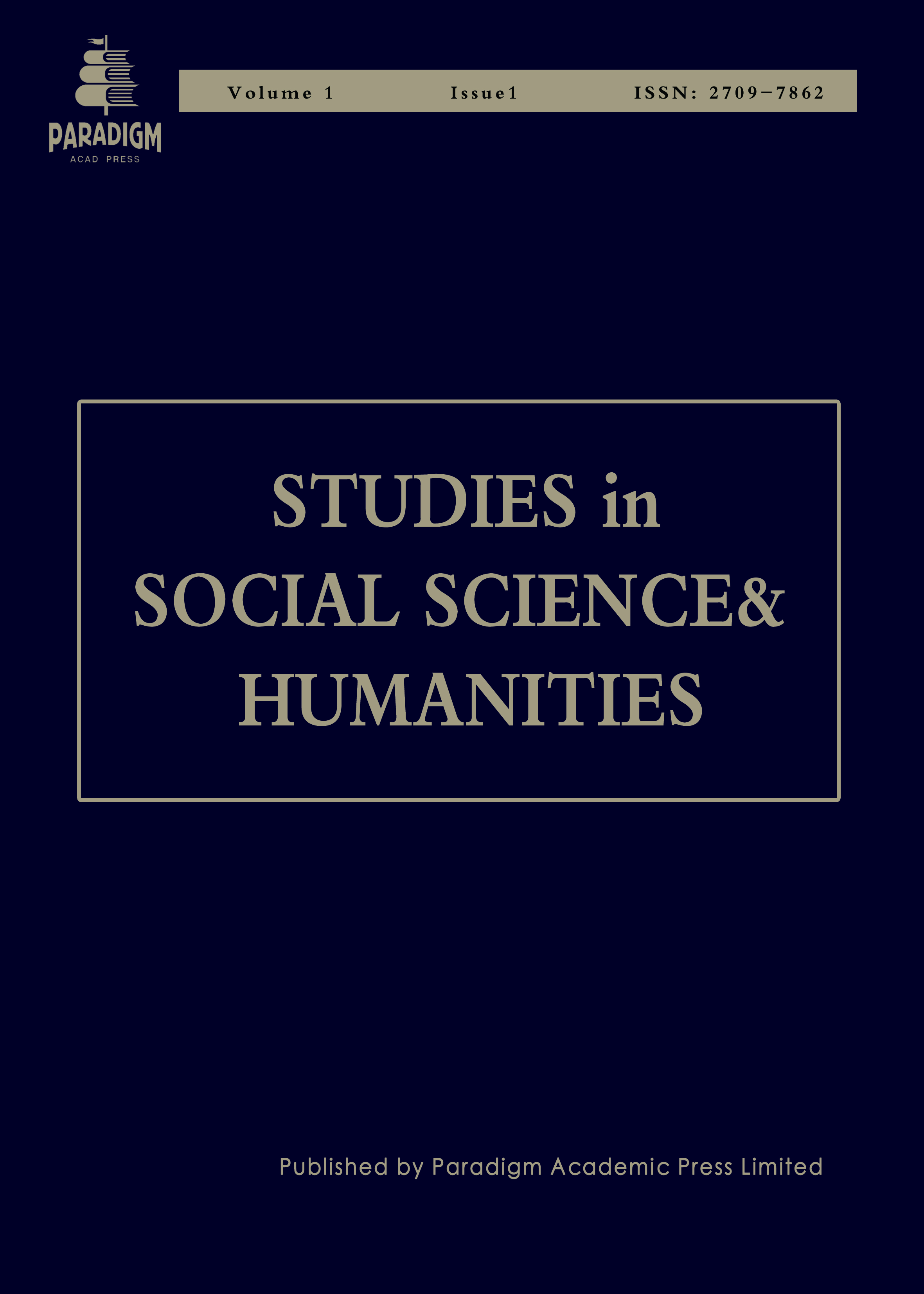Analysis of the Aphasia Phenomenon of New Mainstream Media — A Case Study of Gou Jing in Shandong
DOI:
https://doi.org/10.63593/SSSH.2709-7862.2025.07.004Keywords:
media aphasia, media ethics, public opinion reversal, Gou Jing incidentAbstract
This paper takes the Gou Jing incident in Shandong as the research object to explore the aphasia phenomenon of new mainstream media in hot events and the resulting media ethics anomie. By analyzing the phenomena of information distortion, public opinion reversal and collective silence of the media in the process of event communication, it reveals the structural dilemmas existing in the current media ecology: some media abandon fact-checking in pursuit of traffic, leading to public cognitive bias; the delayed voice of authoritative media has exacerbated the division of the public opinion field; the unbalanced reports driven by economic interests have damaged the foundation of social justice. The study points out that the anomie of media ethics not only weakens the credibility of the media and distorts the audience’s cognition, but also may cause social order chaos. In response to these problems, this paper puts forward three countermeasures: strengthening the professional quality of media personnel, purifying the internal atmosphere of the industry, and promoting the “era-adaptive” transformation of investigative reports. The research shows that reconstructing a healthy media ethics system requires the collaboration of media, the public and institutions to reshape the rational foundation of the public discourse space.


